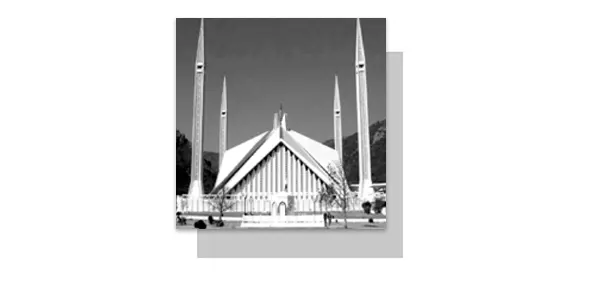Social policies of Islam: The need of time
ISLAM is an ethical ideal plus a certain kind of polity: a social structure regulated by a legal system and animated by a specific ethical ideal (Iqbal). Social policies are those policies which are promoted by the government for the well-being, welfare and social protection of the citizens. There is a strong correlation between religion and social policy, especially in Islam. Islam promotes social welfare in society to maintain equality and justice in society.
Islam is not just a religion, it is a complete code of life which teaches us how to live, act, behave, spend and pray. Islam covers the social sphere of life at great length and teaches us the principles of social welfare. It condemns the concentration of wealth in the few hands and emphasises the distribution of wealth in society for welfare. In Islam, there is a concept of collectivism. All Muslims are like a single body or like the bricks of the building which makes each other stronger and keeps that building from falling. In Islam, there are multiple levels of responsibilities and different economic instruments to keep the balance and maintain welfare in society.
Level of responsibilities: Self: The initial responsibility of one is to make oneself responsible for one’s deeds because in Islam everyone is responsible for one’s welfare and one will be questioned about one’s abilities. If one is capable of ones take care of then it is one’s responsibility to work. The last Prophet (PBUH) warned once in these words: “Whoever puts his/her on the others is cursed, is cursed.”
Family: Family members also owe a responsibility to each other and there is a great reward for this in Islam. Whoever makes efforts for the livelihood of his family is like mujahid in the path of the Almighty.”
Public: The third level of responsibility is related to the people of society who are living together. It is the responsibility of the people to look after their neighbours and help those who need help. The Holy Prophet (PBUH) said “the has not believed in me who is sleeping full while his neighbour is hungry.”
State: The last level of responsibility is of the state which is very important because the ruler of the Islamic world is the servant of people and the vicegerent of the Almighty who must keep justice and welfare in his state and those who do not fulfil their responsibilities as rulers will not be permitted to enter the paradise. Prophet said, “the Creator does not entrust to anyone the affairs of his subjects and if he dies acting dishonestly towards them, the Almighty will forbid paradise for him.”
Economic Instruments for the welfare: Zakat: It is the tax which is levied on the Muslims to take share for the poor from the wealth of the rich. It is also one of the five pillars of Islam and is mentioned at least 82 times in Quran. It is obligatory for every Muslim and has a high reward. “And establish prayer and give Zakat, and whatever good you put forward for yourselves- you will find it with Allah.”
Sadaqah: It is a charity given voluntarily to please the Almighty. It is not only related to wealth as simple good deeds like a smile or helping hand is also sadaqah. Those who pay it their wealth will be multiplied “Who is that would loan the Creator a goodly loan so He may multiply it for him many times over? Ans it is the Almighty Who withholds and grants abundance, and to him, you will be returned.” (Quran 2:245). Al Qard Al Hassan: it is an interest-free loan which is given to the needy for the sake of the Almighty. It has also an important role in society as it acts as micro-financing which helps set up a small business and it also helps small farmers.
In conclusion, I would say that these are the principles through which Islam establishes welfare in society. These days Pakistan is going through a serious economic crisis due to which inflation is very high in Pakistan and Ramadan is also going on, due to which people are facing many difficulties. It is the right time to help others who are in need because, for those who help mankind, the Creator will help them. So, look after your neighbours and people in need in this time of crisis and become a true Muslim by following the principles of Islam for the welfare.
—The writer is contributing columnist, based in Islamabad.
Email: [email protected]









